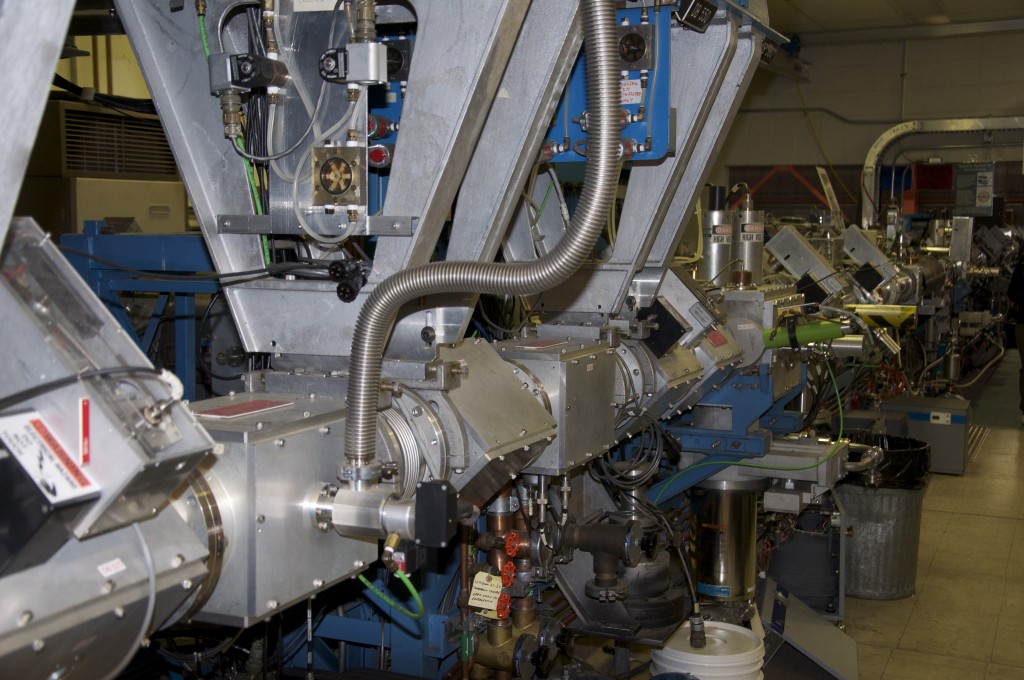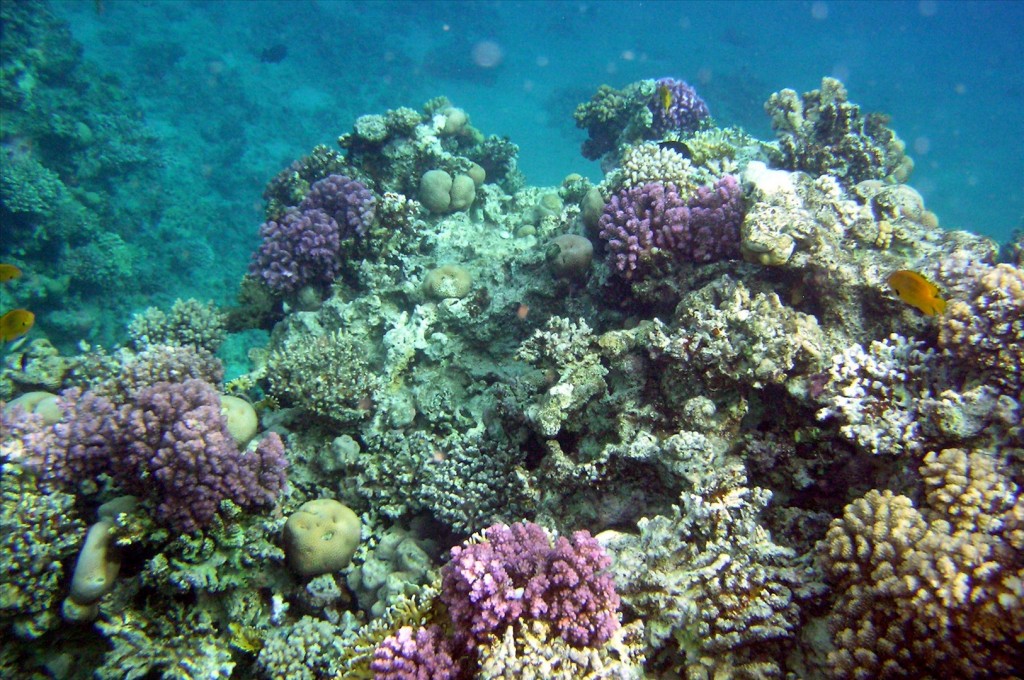The electricity running through the wires in your walls to the computer you are using right now may have come from nuclear power plants. The science that made this possible is nuclear physics, the study of the nuclear force. Not only is nuclear physics used in generating power, but also in cancer treatment, medical imaging, and laser technology.
Major studies in nuclear physics are currently going on every day right here, in Vancouver. On January 31st 2012, the TITAN collaboration made by a group of international scientists including Dr. Sonia Bacca and Dr. Ania Kiwatkowski, published a new study on the direct measurement of helium-6 isotope and an improved measurement of the helium-8 isotope mass. This was done at Canada’s national laboratory for particle and nuclear physics, TRIUMF (Tri-University Meson Facility), located inside UBC Vancouver campus. Most remarkably, this new measurement is the first of its kind and is a major contribution to the scientific community.
Some of you may be wondering, what is a halo nucleus? An atomic nucleus is referred to as a halo nucleus when the radius of the nucleus is much larger than its expected value, which is predicted using the liquid drop model. Unlike a typical atomic nucleus, a halo nucleus is not tightly bound. This is due to an overabundance of one species of the nucleon. For those that are not familiar with the term, a nucleon is what we call protons and neutrons collectively. Helium-6 and helium-8 are called neutron halo nuclei because there is an overabundance of neutrons.
Neutron halo nuclei, like helium-6 and helium-8, have an interesting property. A neutron halo nucleus is one that is of Borromean nature, meaning that it is like the Borromean rings. Well, what are Borromean rings? Some of you may be familiar with the term and this picture. The unique thing about Borromean rings is that, if you were to remove just one of the three rings it would result in the unlinking of all rings. A halo nucleus is similar in that the two neutrons and the neutron core of a nucleus are loosely bound and behave just like the three rings of the Borromean rings.
Creating these neutron halo nuclei is done at TRIUMF as well using a spallation reaction. A spallation reaction is a reaction in which an object comes into contact with another object at high velocity. Upon contact, miniscule pieces are ejected from the target object. This is similar to a bullet being shot at a rock, breaking the rock into little pieces. In this specific experiment, a proton beam is the bullet which breaks a silicon-carbide target, the rock. The ejected nuclei, undergo filtering processes to become isolated into helium-6 or helium-8 nuclei.

Particles travel through these instruments from the accelerator to their experiments Picture by Parm Nijjer
Once the neutron halo nuclei are isolated, they are put into another accelerator where the frequency at which the nuclei spin around the accelerator is recorded. Using the magnetic field strength inside the accelerator and the recorded frequency, the mass is calculated using a complicated derivative of Einstein’s famous equation, E = mc2.
Peter the proton with his friends Ellie and Helen will further explain the direct measuring of the mass of helium-6 nucleus through their adventure inside TRIUMF’s facilities in the podcast below.
Audio clip: Adobe Flash Player (version 9 or above) is required to play this audio clip. Download the latest version here. You also need to have JavaScript enabled in your browser.
For more information about the experiment and the significance of this discovery, watch the video below.












